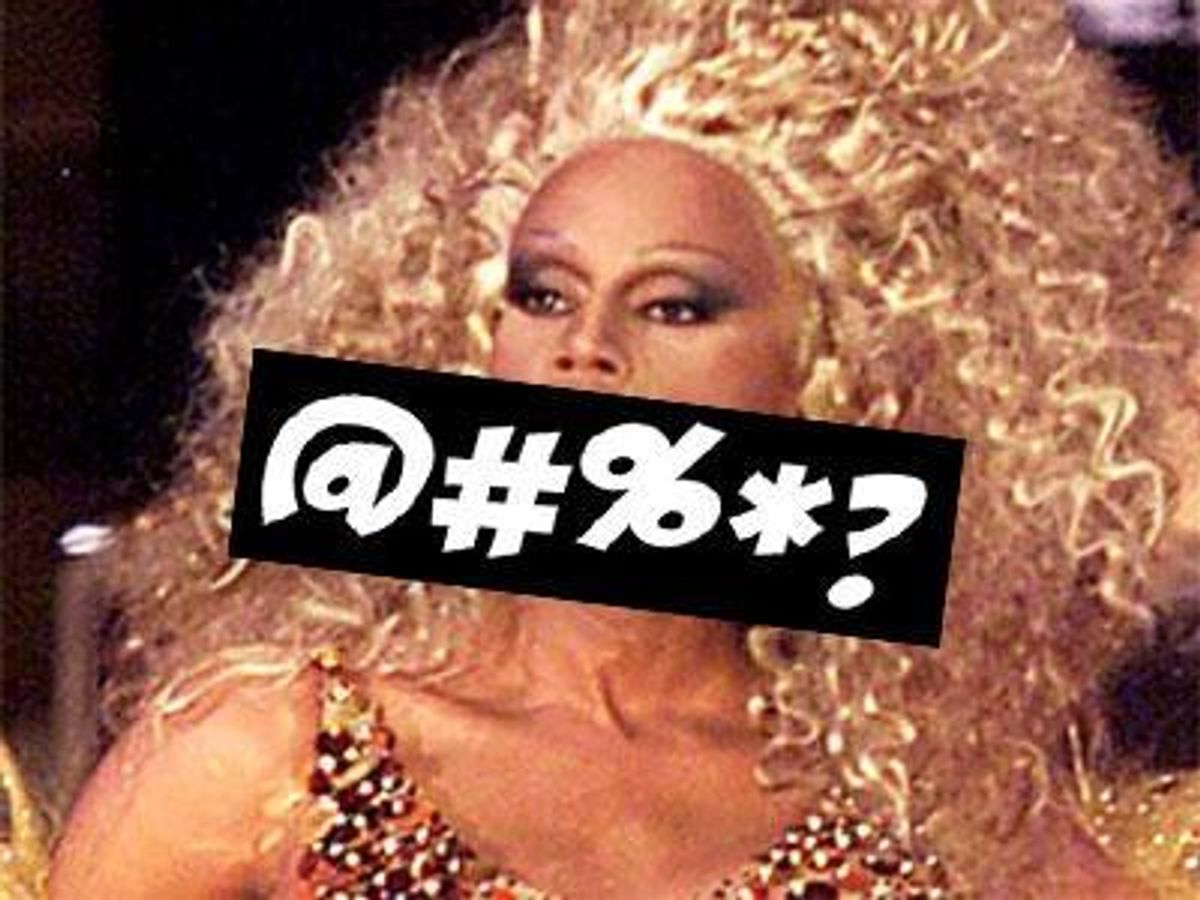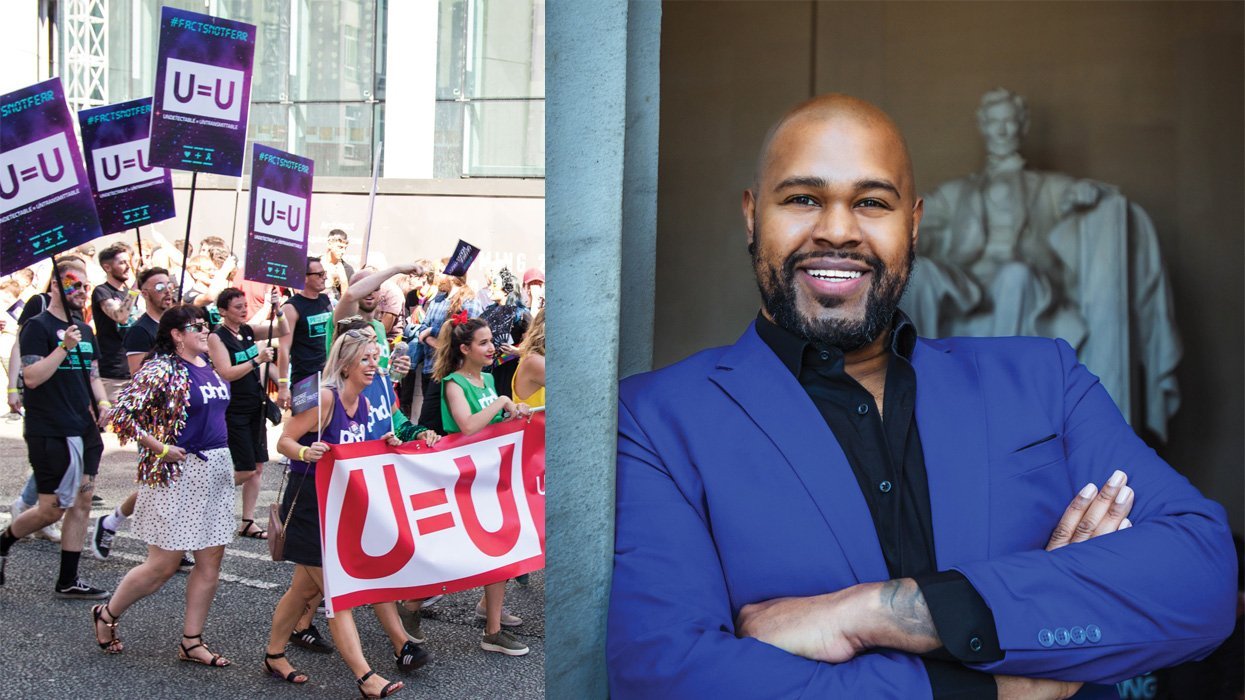During the last month there has been a great deal of gnashing of teeth about the use of the terms "she-male" and "tranny" on the hit "reality" television show RuPaul's Drag Race. Many electrons were spilled on the controversy, and rightfully so. Both terms, and others used on the show are demeaning and degrading to trans people, particularly trans women. Many of those slurs represent some of the very last words transgender victims of hate violence hear before they are attacked, harmed, or murdered.
So, it is absolutely right that the transgender community was outraged by a high profile televison show's use of the words for "entertainment" purposes. And, while it took a month, RuPaul and Logo TV announced the show would stop using the words, and, importantly, the network apologized.
But where is the outrage regarding the misgendering of trans women as it relates to the HIV crisis? Earlier this month, the Foundation for AIDS Research published a revealing report on the HIV crisis among transgender people. The findings are chilling, to say the least.
* Trans women involved in commercial sex work have an HIV prevalence nearly twice that of trans women not engaged in commercial sex work
* Trans women engaged in commercial sex work are more than six times more likely to be living with HIV than other women engaged in sex work.
* Trans women in the U.S. have an STD rate four times higher than the general population.
* Globally, trans women are 49 times more likely to be living with HIV than the general population.
And the CDC has a similar report with shocking statistics about the prevalence of HIV incidence in the transgender community as well.
Of course, our understanding about the crisis among transgender communities in extremely limited here in the U.S. Why? Because we don't identify transgender persons in our statistical tracking of HIV. Transgender women are deliberately misgendered by federal policy as "men who have sex with men."
Let's be clear: trans women are not men who sex with men. They are women. If we cannot construct the necessary labels to effectively characterize the impact of HIV on various communities, how can we possibly be expected to find interventions to reduce the impact?
We can't.
Despite all this, the transgender community's leading voices are silent on the crisis.
I reached out to five of America's top HIV bloggers and activists.
Two declined to comment at all, because they did not feel they knew enough about the crisis. A third promised to get back in 24 hours after looking into the issue, but 48 hours later it's been radio silence. Rebecca Juro — who hosts The Rebecca Juro Show, an online radio program focused on LGBT issues — was first to weigh in on why the HIV crisis is being ignored.
"I think it has everthing to do with the media surrounding these issues," Juro says. "RuPaul is a popular gay celeb and so when his name is being tossed around it tends to get coverage, especially when there's a controversy. HIV/AIDS policy, on the other hand, is of course a critically important issue, but it's a crushingly boring discussion topic and difficult to cover. So it gets very little media coverage."
Juro went a step further, comparing the coverage of ENDA (the Employment Nondiscrimination Act) and marriage equality.
"Marriage gets lots of coverage with lots of photos of happy gay couples, celebrations, yadda, yadda," she says, "while employment rights get little coverage because [the media believes] there's no human interest in drama to be had in people losing jobs and not being able to feed their families because we're LGBT. Same principle. It's all about the topic's media friendliness."
Another transgender journalist, Parker Marie Molloy, who wrote about the amfAR report for HIV Plus and The Advocate, concurred that RuPaul's celebrity plays a large role in the public advocacy against his show's slurs. But then she notes governmental misgendering is an expectation for transgender people.
"Additionally, sadly, it has almost become a foregone conclusion that the government will always misgender us [trans people]," Molloy says. "Steps to correct this in other governmental issues like birth certificates and other forms of ID are ongoing, but very slow moving."
At the end of the day, as long as fighting the government is seen as tilting at proverbial windmills, transgender health and specifically HIV rates among trans women, will remain a distant and hidden crisis. How many will have to be infected before the LGBT community will rise up and challenge the ongoing crisis in not only the transgender community, but in the men who have sex with men groupings as well? Only time will tell.

















































































